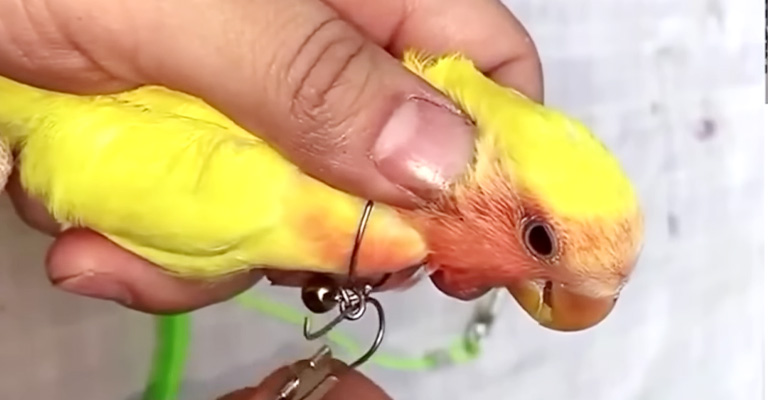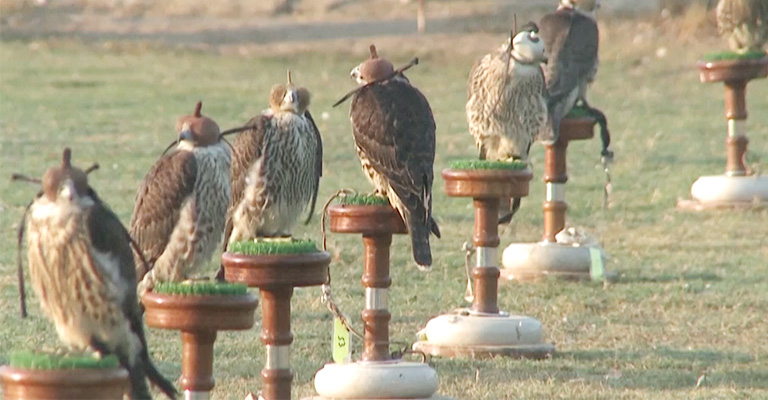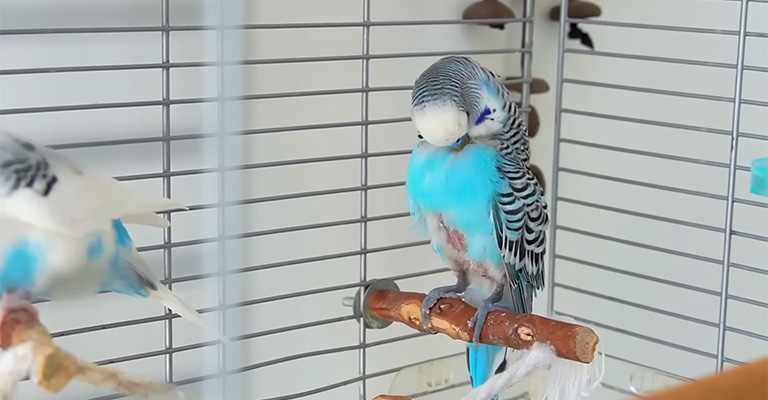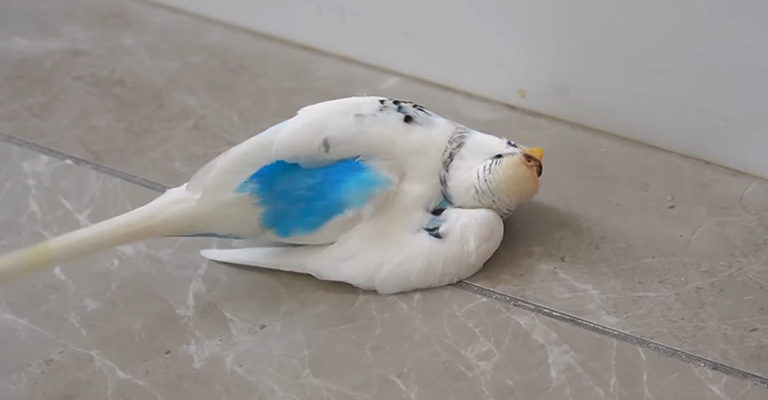In the realm of nature, birds have long captivated our imagination with their vibrant plumage, melodious songs, and graceful flight. However, it is disheartening to acknowledge that some individuals exhibit disturbing cruelty towards these magnificent creatures.
This article aims to shed light on why are some people so cruel to birds – reasons, delving into the complex factors that contribute to the mistreatment of birds.
While it is essential to recognize that the majority of people hold a deep appreciation for avian life, a small fraction engages in acts of cruelty.
It often ranges from capturing and caging birds to inflicting harm upon them.
Understanding the motivations behind these actions is crucial in order to address the issue effectively and promote a more compassionate coexistence with our feathered friends.
By exploring various psychological, cultural, and socioeconomic factors, we can gain insight into why some individuals resort to cruelty towards birds.

Why Are Some People So Cruel on Birds – Reasons
Cruelty towards birds can stem from various factors, including a lack of awareness, cultural beliefs, illegal trade, environmental destruction, emotional disconnect, and peer influence.
Addressing these issues requires a multi-faceted approach involving education, awareness campaigns, legal enforcement, and fostering empathy toward all living beings. Let’s explore some possible reasons for this behavior.
Lack of Awareness and Education
One of the primary reasons for cruelty towards birds is a lack of awareness and education about their importance and vulnerability. Many individuals may not fully understand the ecological role birds play or the consequences of their mistreatment.
Education and awareness campaigns can help address this issue by promoting empathy and understanding.
Cultural and Superstitious Beliefs
In certain cultures, birds are associated with superstitions, myths, or religious beliefs that may lead to their mistreatment. For example, some cultures believe that harming certain bird species brings good luck or wards off evil spirits.
Challenging these beliefs through education and cultural sensitivity can help reduce cruelty towards birds.
Poaching and Illegal Trade

The illegal trade of birds, including capturing them for pets or selling their feathers, is a significant contributor to cruelty towards birds.
Poachers often subject birds to inhumane conditions during capture, transportation, and confinement. Strict enforcement of wildlife protection laws and raising awareness about the consequences of illegal trade can help combat this issue.
Environmental Destruction
Habitat destruction, pollution, and climate change have a detrimental impact on bird populations. As their natural habitats shrink, birds may be forced to seek shelter in urban areas, making them more vulnerable to cruelty.
Encouraging sustainable practices, protecting natural habitats, and creating bird-friendly environments can mitigate this problem.
Lack of Empathy and Emotional Disconnect
Some individuals may exhibit cruelty towards birds due to a lack of empathy or emotional disconnect. They may not recognize the pain and suffering experienced by these creatures, leading to callous behavior.
Promoting empathy and compassion through education and fostering a connection with nature can help address this issue.
Copycat Behavior and Peer Influence
In certain cases, individuals may engage in cruelty towards birds due to peer influence or as a result of witnessing others engaging in such behavior.
Copycat behavior can perpetuate cruelty, making it crucial to address this issue through education, positive role models, and promoting ethical treatment of animals.
Lack of Animal Welfare Laws
In some regions, there may be a lack of comprehensive animal welfare laws or inadequate enforcement, which can enable acts of cruelty towards birds to go unchecked.
Strengthening animal protection legislation and ensuring its enforcement can help deter such behavior.
Ignorance about Bird Behavior and Needs
Some individuals may not have a proper understanding of bird behavior, needs, and natural instincts. This lack of knowledge can lead to unintentional harm or neglect.
Educating the public about bird biology, behavior, and appropriate care can help prevent cruelty resulting from ignorance.
Entertainment and Sport Certain forms of entertainment or sport involve the exploitation or mistreatment of birds.
Examples include cockfighting, bird racing, or using birds for target practice. Banning or regulating such activities can help reduce cruelty towards birds.
Mental Health Issues
In some cases, individuals who exhibit cruelty towards birds may have underlying mental health issues. These individuals may derive pleasure from causing harm or may lack empathy towards animals.
Addressing mental health concerns through appropriate interventions and support can help prevent cruelty towards birds.
Lack of Consequences
When acts of cruelty towards birds go unpunished or are not taken seriously, it can perpetuate a culture of indifference or tolerance towards such behavior.
Implementing stricter penalties and ensuring that acts of cruelty are properly investigated and prosecuted can act as a deterrent.
Is It Cruel to Keep a Bird in a Cage?

The topic of keeping birds in cages is a complex and debated issue. While some argue that it is cruel to confine birds, others believe that responsible and ethical bird-keeping can provide a safe and enriching environment.
Here are all the different perspectives and considerations surrounding the topic.
Natural Behavior and Freedom of Movement
Critics argue that confining birds in cages restricts their natural behavior and limits their freedom of movement.
Birds are inherently designed for flight and have complex social and behavioral needs that may not be fully met in captivity. Lack of space and opportunities for exercise can lead to physical and psychological distress.
Environmental Enrichment and Care
Proponents of keeping birds in cages emphasize the importance of providing a well-designed and enriched environment.
A spacious cage with appropriate perches, toys, and mental stimulation can help mimic natural behaviors and promote the bird’s overall well-being.
Regular interaction, socialization, and mental stimulation are crucial for a captive bird’s mental health.
Safety and Protection
Cages can provide a safe and protected environment for birds, shielding them from potential dangers such as predators, harsh weather conditions, or exposure to toxic substances.
In certain situations, such as rehabilitation or conservation efforts, temporary confinement in cages may be necessary for the bird’s safety and successful release.
Quality of Life and Lifespan
The quality of life and lifespan of a captive bird can vary depending on the care provided. Responsible bird owners prioritize proper nutrition, veterinary care, and a stimulating environment to ensure the bird’s well-being.
Ethical Considerations and Alternatives
Ethical concerns arise when birds are kept in small, inadequate cages or when their basic needs are neglected.
It is essential to consider the individual bird species, their natural habitat, and their specific requirements before deciding to keep them in captivity.
In some cases, alternatives such as aviaries or supervised outdoor time may provide a more suitable compromise.
The question of whether keeping birds in cages is cruel is subjective and depends on various factors. While some argue that it restricts natural behavior and freedom, others emphasize the importance of responsible care, environmental enrichment, and safety.
How to Prevent Cruelty Towards Birds?

Preventing cruelty towards birds requires a collective effort from individuals, communities, and authorities. Here are some key steps that can be taken to help prevent cruelty towards birds:
Education and Awareness
Promote education and awareness about the importance of birds, their ecological role, and the consequences of cruelty towards them.
This can be done through school programs, public campaigns, and community outreach initiatives. Encourage empathy, compassion, and responsible behavior towards all living beings.
Strengthen Animal Protection Laws
Advocate for the implementation and enforcement of comprehensive animal protection laws that specifically address cruelty towards birds.
These laws should include provisions for the prevention, investigation, and prosecution of acts of cruelty. Support organizations and initiatives that work towards improving animal welfare legislation.
Encourage Ethical Bird-keeping
Promote responsible bird-keeping practices that prioritize the well-being of birds. Encourage potential bird owners to research and understand the specific needs of the bird species they wish to keep.
Emphasize the importance of providing appropriate housing, nutrition, socialization, and mental stimulation for captive birds.
Combat Illegal Trade and Poaching
Support efforts to combat the illegal trade of birds, including poaching, smuggling, and selling of protected species.
Raise awareness about the consequences of participating in such activities and encourage reporting of any suspicious or illegal bird trade. Support organizations working to protect bird populations and their habitats.
Foster Respect for Wildlife
Promote a culture of respect and appreciation for wildlife, including birds. Encourage responsible birdwatching and photography practices that prioritize the well-being and safety of the birds.
Teach children about the importance of respecting and protecting all living creatures.
Report and Address Cruelty
If you witness or suspect cruelty towards birds, report it to the appropriate authorities, such as local animal welfare organizations, wildlife agencies, or law enforcement.
Provide detailed information and evidence to aid in the investigation and prosecution of the offenders. Encourage others to speak up against cruelty and support efforts to address it.
Support Conservation Efforts
Contribute to conservation organizations and initiatives that work towards protecting bird species and their habitats.
Support research, habitat restoration, and conservation projects aimed at preserving bird populations. Participate in citizen science programs that monitor bird populations and contribute to their conservation.
FAQs
You can help prevent cruelty towards birds in your community by raising awareness about their importance, organizing educational programs, supporting local animal welfare organizations, reporting any instances of cruelty, and promoting responsible bird-keeping practices.
If you suspect someone is engaging in cruelty towards birds, it is important to report it to the appropriate authorities, such as local animal welfare organizations or law enforcement.
Many countries have animal protection laws that include provisions for the prevention and prosecution of acts of cruelty towards animals, including birds.
It is important to familiarize yourself with the specific laws and regulations in your region and support efforts to strengthen and enforce them.
You can encourage ethical bird-keeping practices by providing information and resources on proper bird care and encouraging bird owners to provide appropriate housing, nutrition, socialization, and mental stimulation for their birds.
To support bird conservation efforts, you can contribute to reputable conservation organizations, participate in citizen science programs that monitor bird populations, support habitat restoration projects, and advocate for policies and practices that protect bird habitats and promote sustainable practices.
Final Words
Cruelty towards birds is a distressing reality that demands our attention and action. By understanding the reasons behind such behavior, we can work towards creating a more compassionate society that values and protects these beautiful creatures.
It is crucial to address the desire for control, challenge harmful cultural practices, combat illegal trade, and promote education and awareness about birds and their welfare.
Let us strive to cultivate empathy and respect for all living beings, including our avian companions.
By appreciating the unique beauty and significance of birds in our ecosystem, we can foster a harmonious coexistence that benefits both humans and the natural world.
Together, let us stand against cruelty towards birds and advocate for their protection, ensuring a brighter future where these magnificent creatures can thrive in peace.